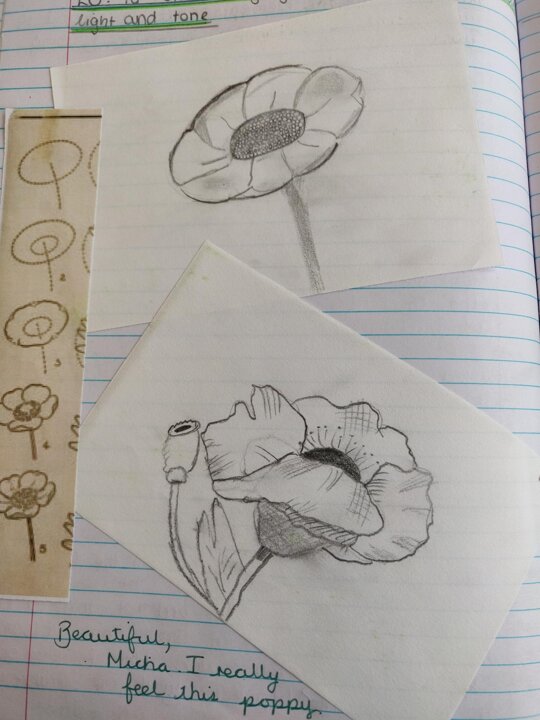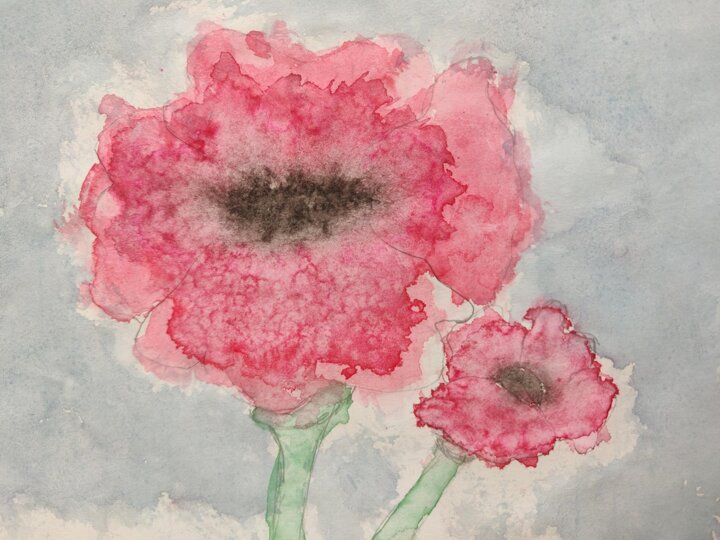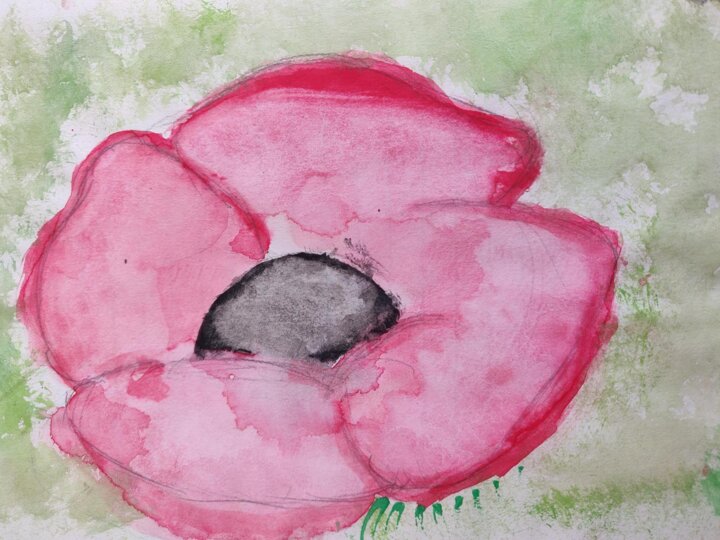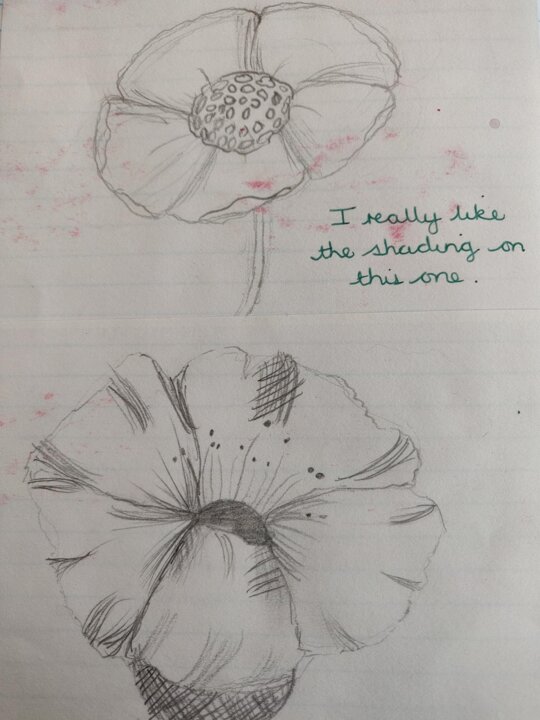Our Curriculum
At St Joseph’s, we believe that Art is a time and place for children to EXPLORE ideas, CREATE new ideas and REFLECT on their work. Our curriculum is designed using the Kapow Primary Art and Design planning which develops knowledge and skills through:
•Generating ideas and using sketchbooks: taking inspiration from a range of artists
•Making: developing drawing, painting, printmaking, photography, mixed media,
craft techniques and sculpture skills
•Formal elements: exploring colour, form, line, pattern, shape, texture and tone
•Knowledge of artists: discovering artists' work and techniques
•Evaluation: critiquing their own work and that of others
These elements are taught through three units in each year group as set out in the documents below.

Mr Andy Kane
Art Coordinator





